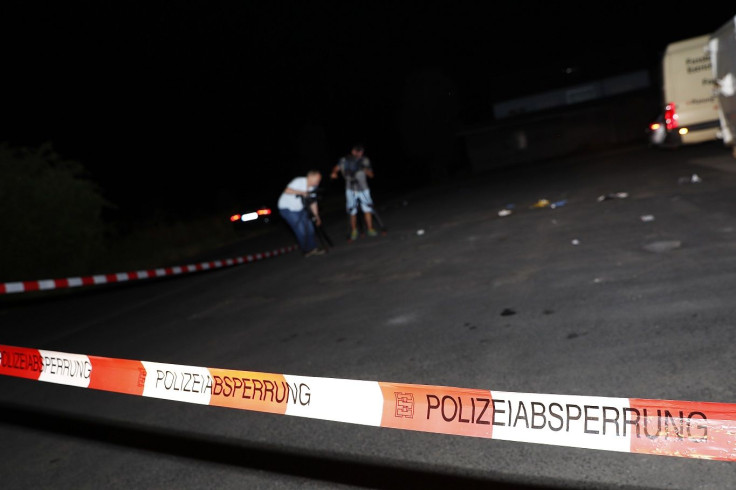Afghan asylum seeker, 17, shot dead after attacking German train passengers with axe

A 17-year-old man, believed to be an Afghan refugee, attacked train passengers with an axe and knife, injuring four people, near Wurzburg, southern Germany, on Monday. The teen was shot dead by the police soon after.
According to Deutsche Welle, the unnamed attacker went on a stabbing rampage around 9:15 p.m. local time on a regional commuter train travelling from Treuchtlingen to Wuerzburg. Three passengers were seriously injured and one sustained light injuries. Fourteen were also treated for shock.
He reportedly shouted, “Allahu Akbar,” which means god is the greatest, before attacking the passengers with a knife and axe. German police have shot him dead immediately after. The reason for the attack is still unknown, although an official claimed it was a “probable” Islamic attack.
Bavarian Interior Minister Joachim Hermann said in a television interview that the assailant boarded the train in Ochsenfurt, where he had been staying with a foster family. He had travelled unaccompanied as an asylum seeker to Germany.
“He suddenly attacked passengers with a knife and an axe, critically injuring several. Some of them may now be fighting for their lives,” Hermann said.
A police spokesman also said the teen was able to leave the train, leaving the police in pursuit. During the chase, the police shot and killed him.
In 2015 alone, Germany let in 1.1 million asylum seekers, who were mostly from Syria and Afghanistan. Chancellor Angela Merkel, who is blamed for the influx of refugees in the country, is being pressured by local officials to bring in tougher laws on migration to reinforce her pledge that illegal asylum seekers would be sent home.
According to the study, “Refugee Integration: Challenges for German Municipalities,” in Berlin Jounal (via Breitbart), the influx of migrants would send German towns and cities into a € 1.1 billion (AU$1.6 billion) debt, with the cost of migrants likely to go up by € 70 million (AU$103 million) by next year.





















